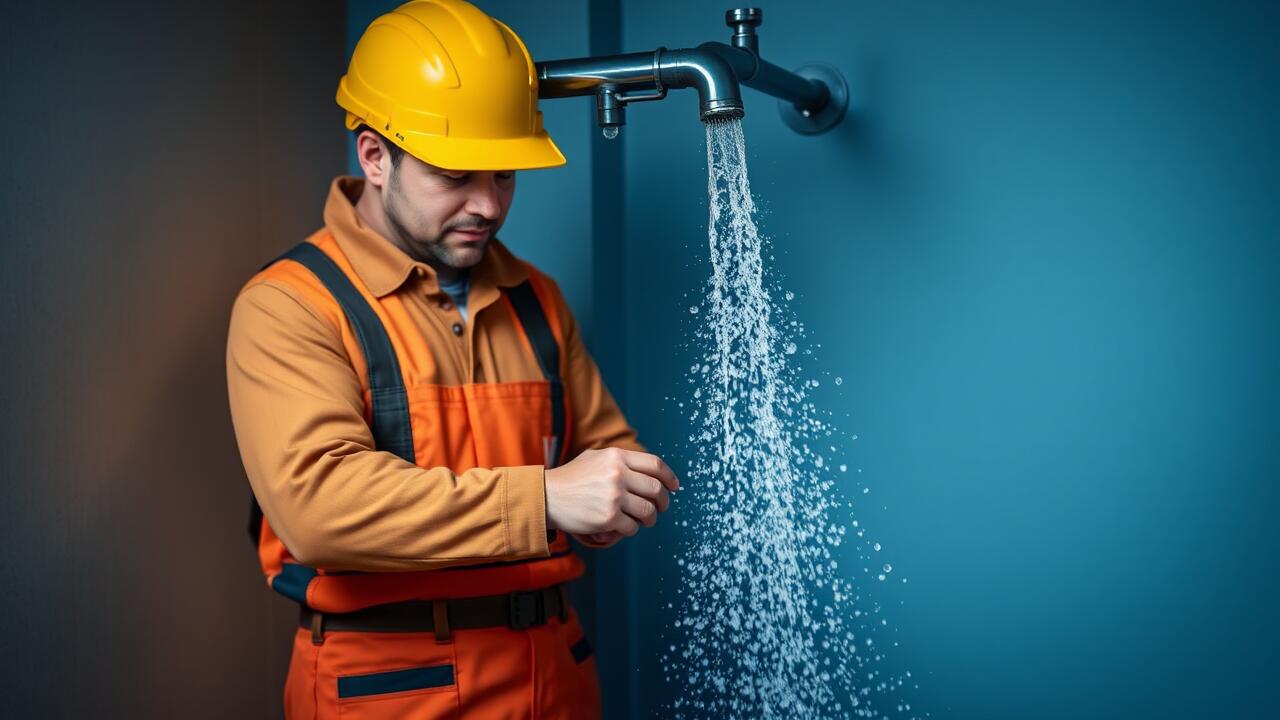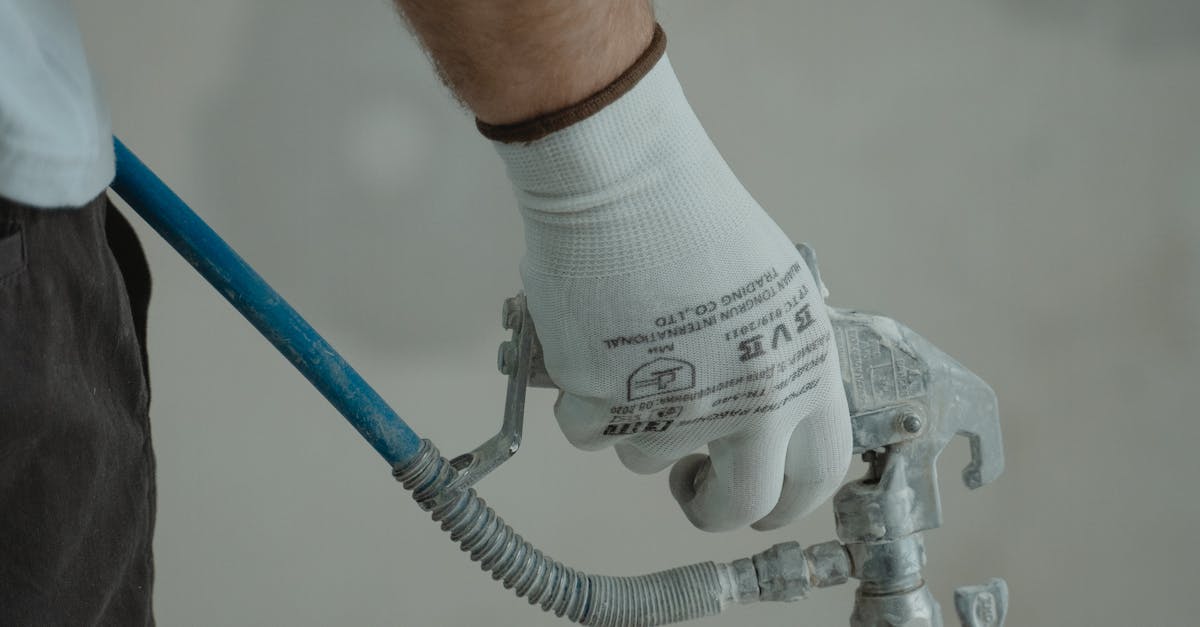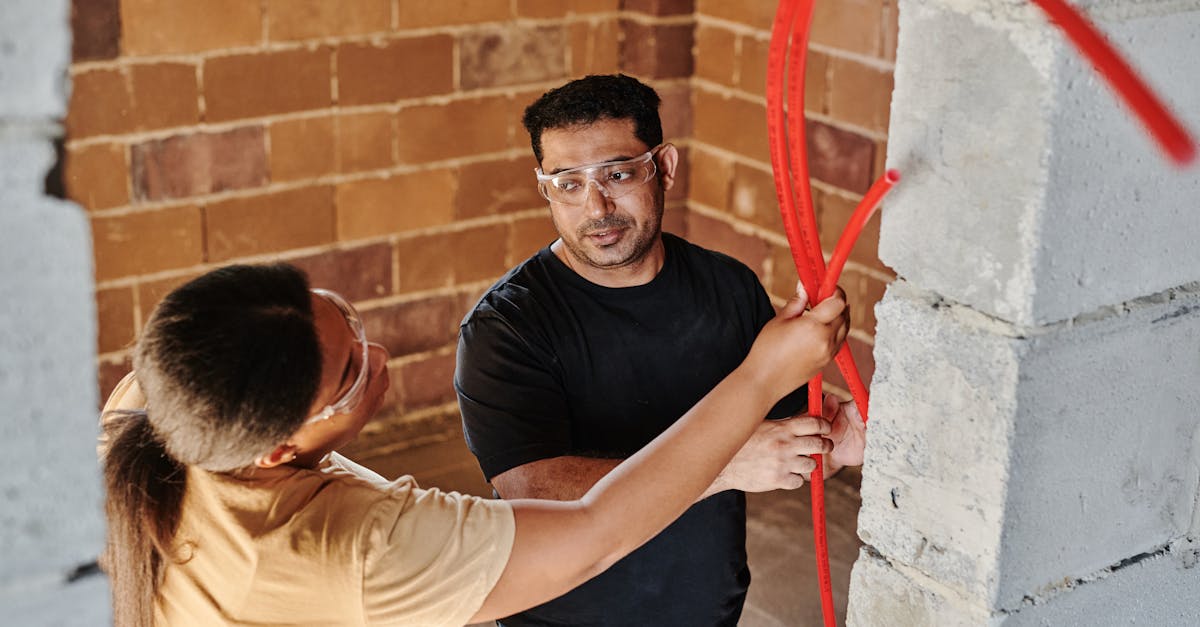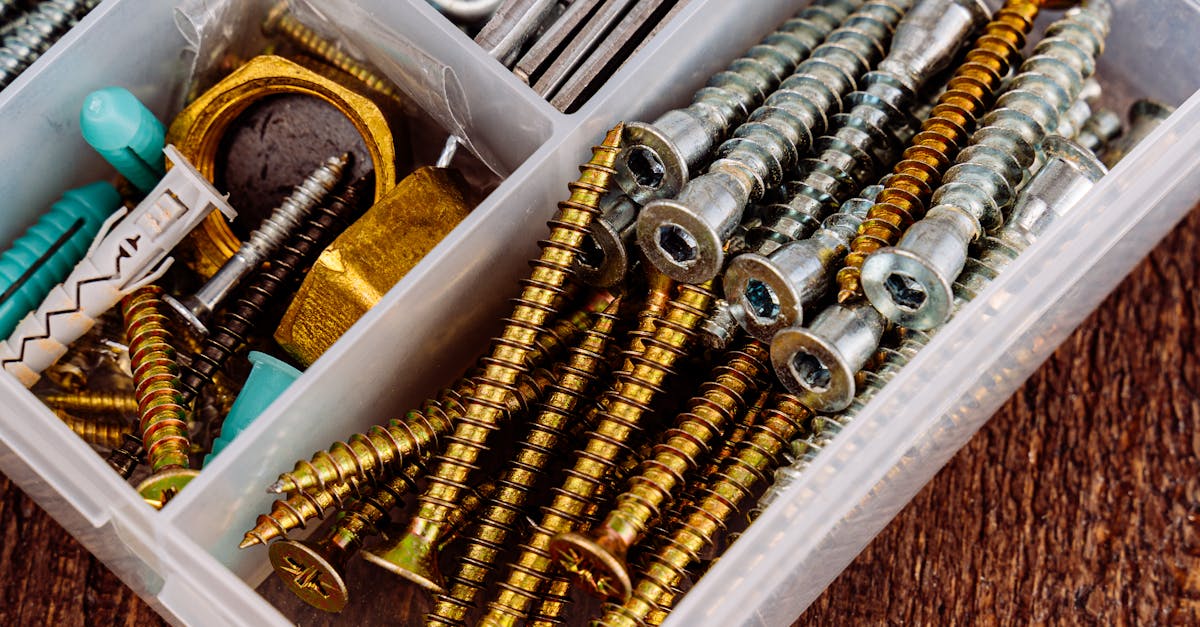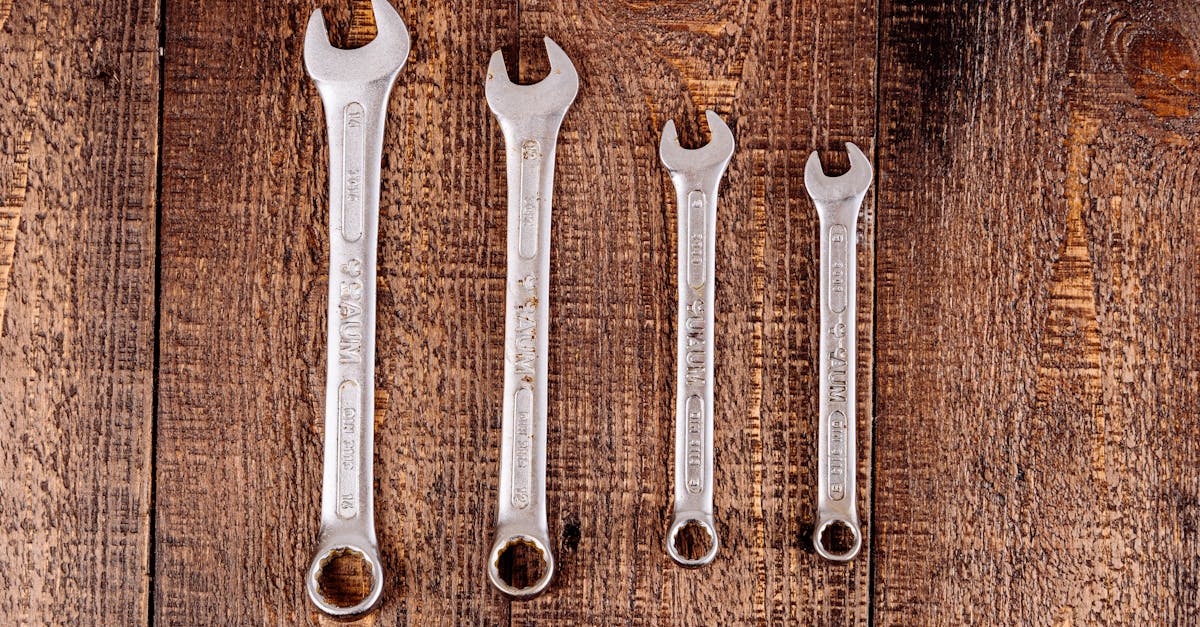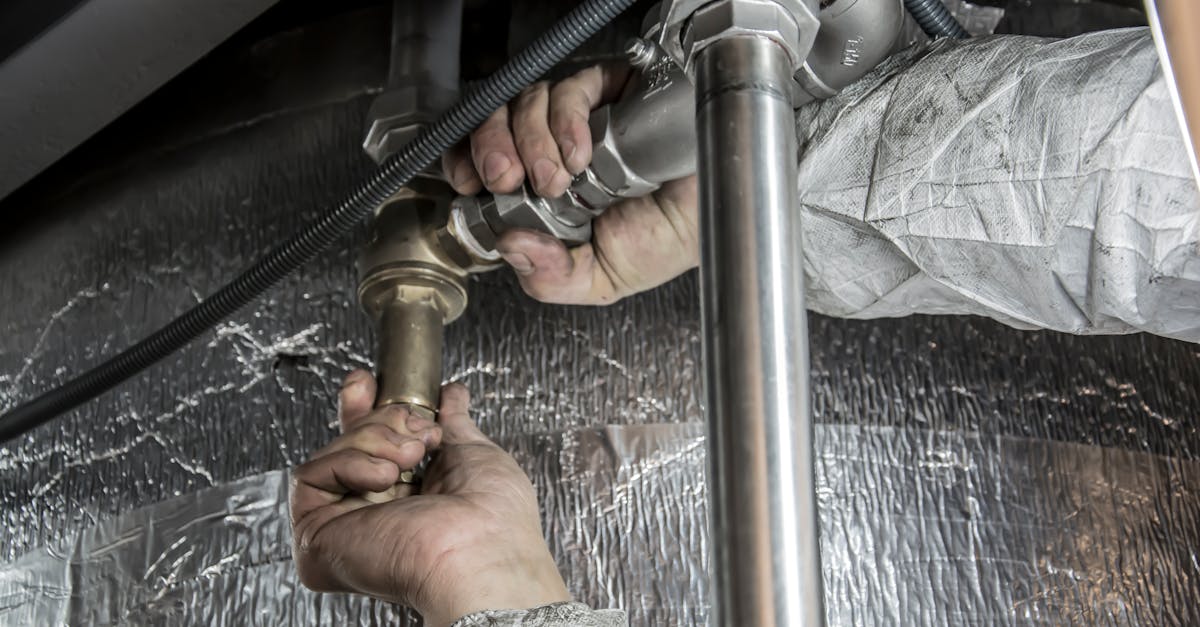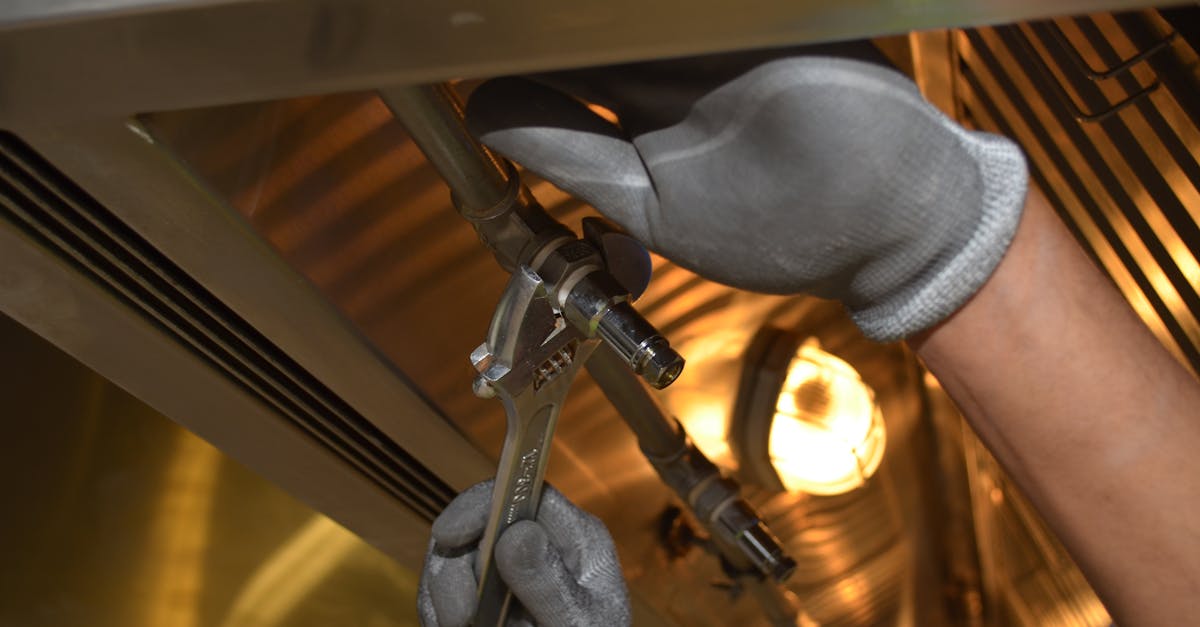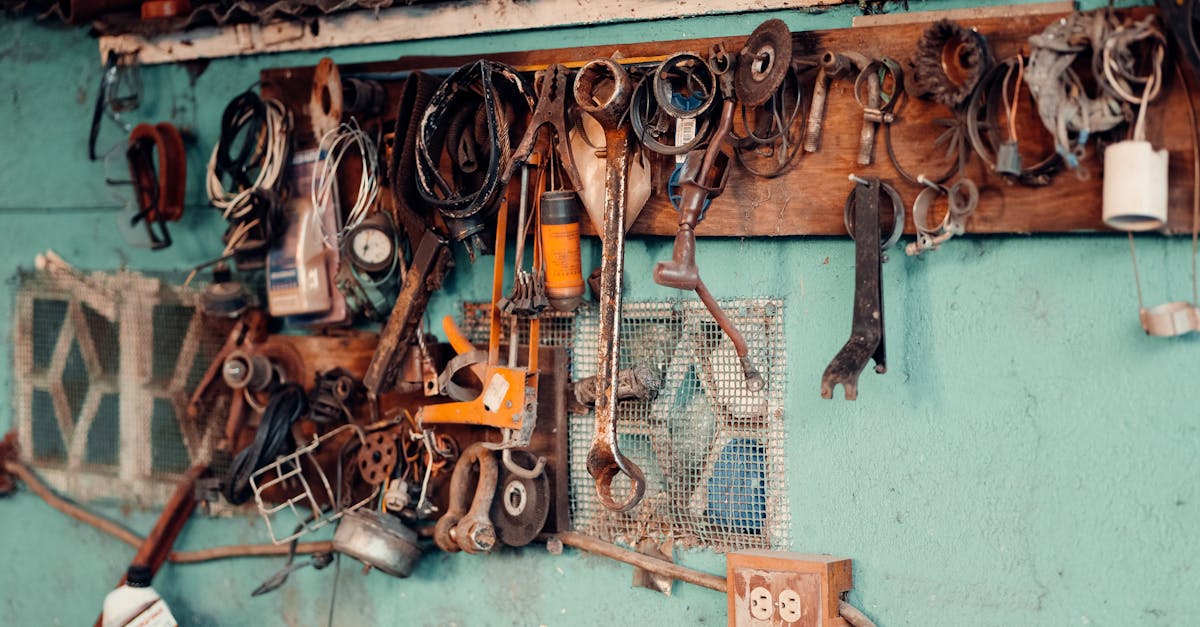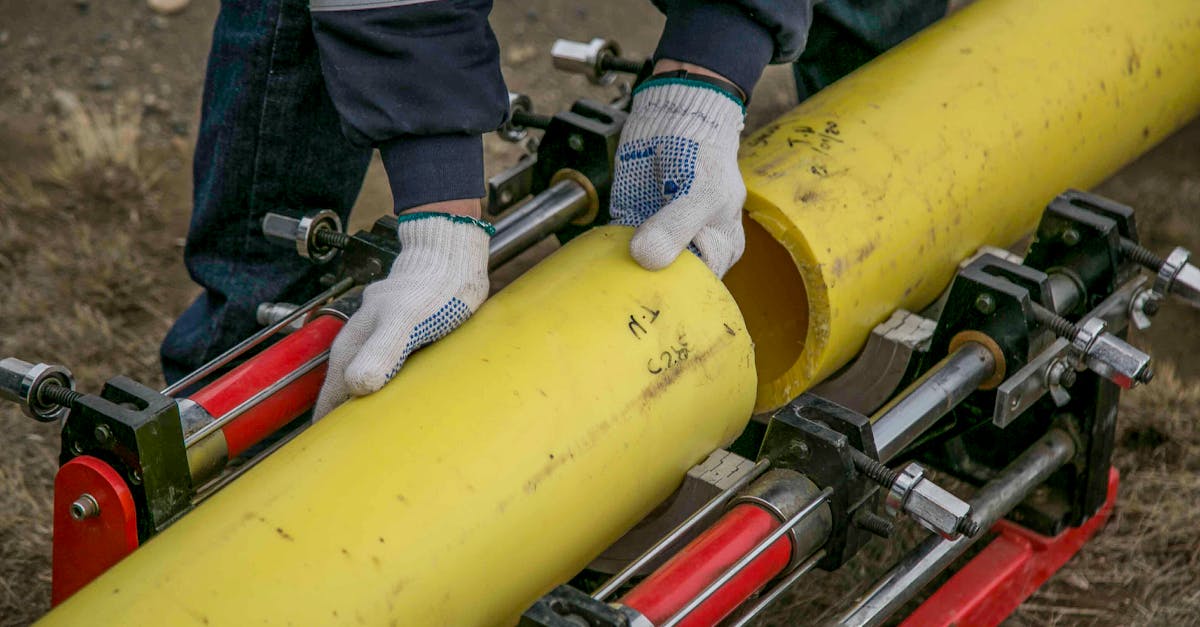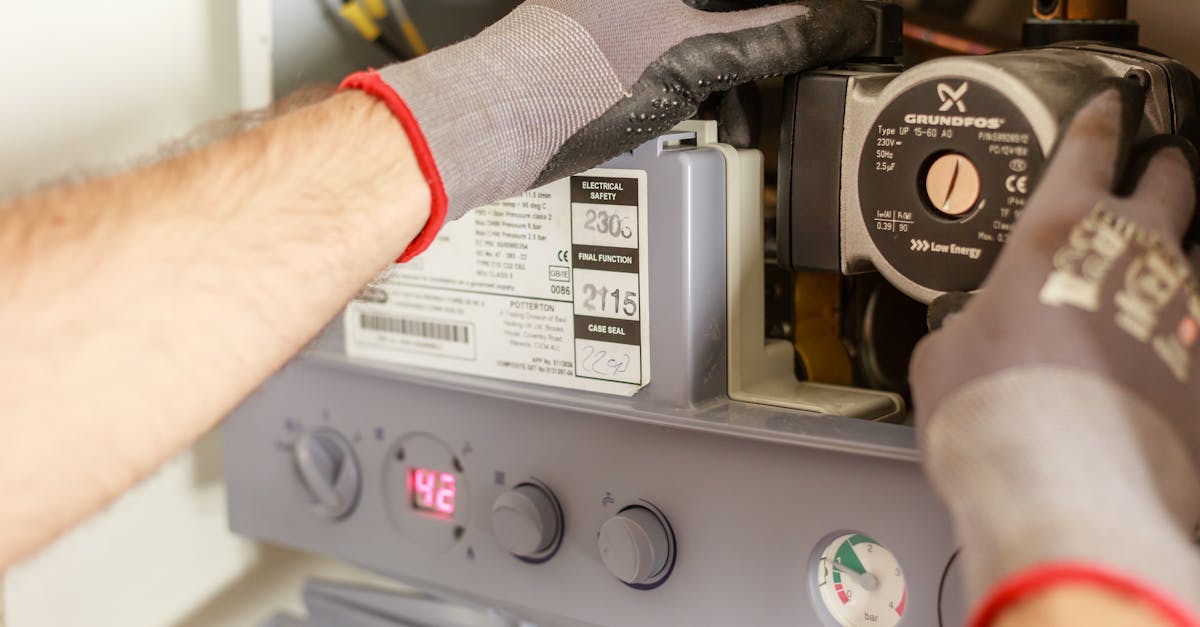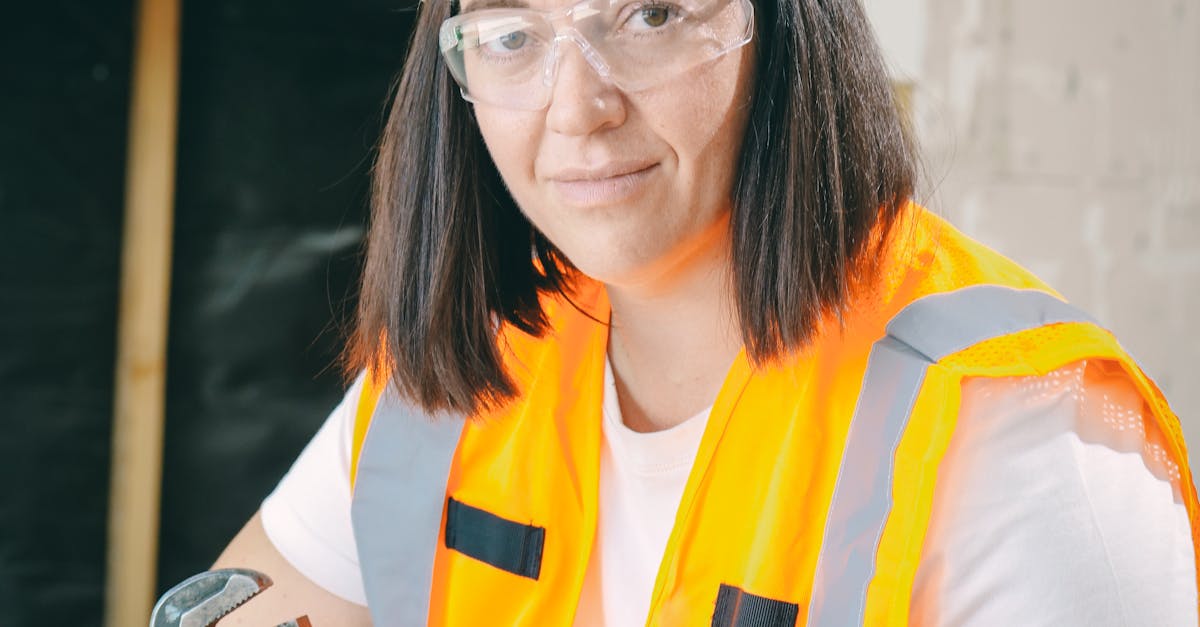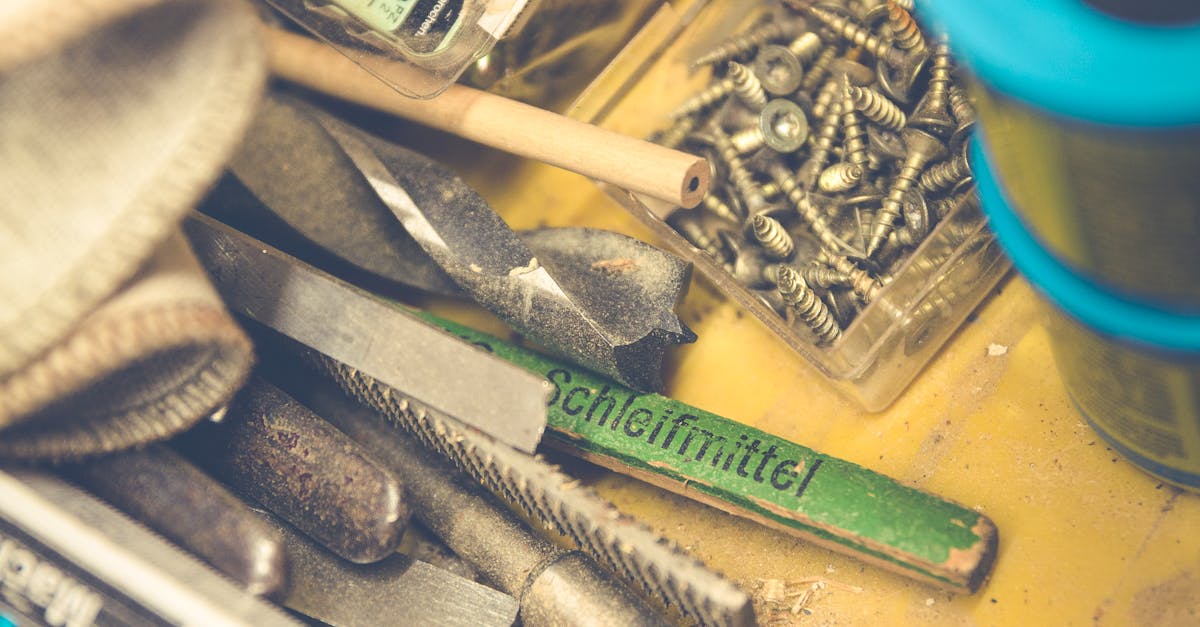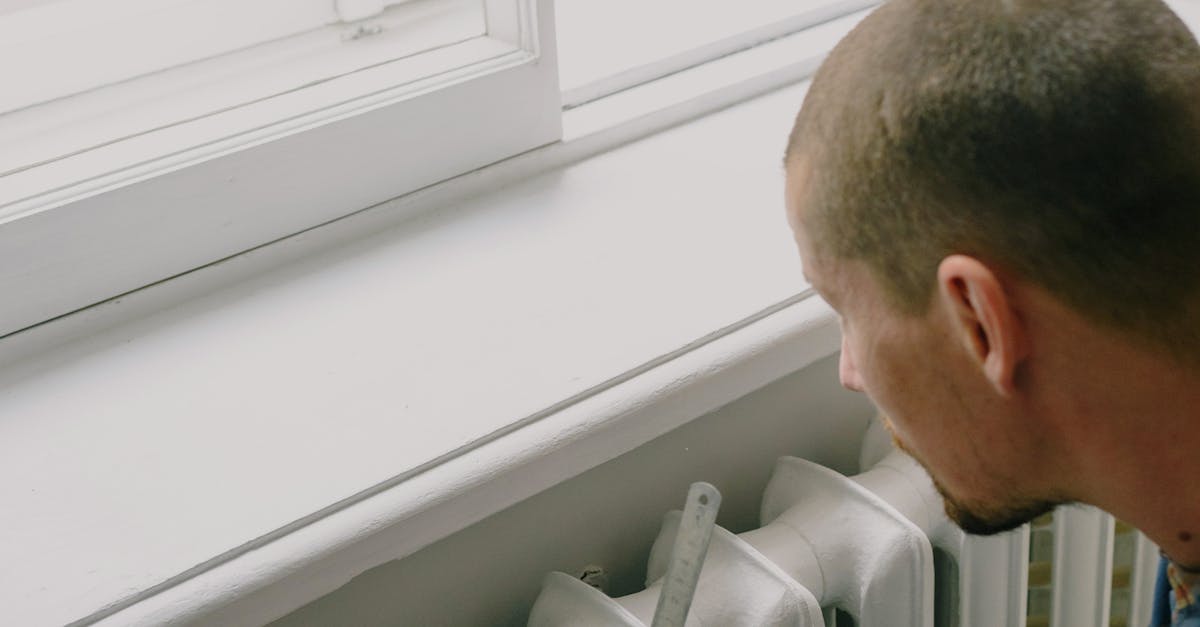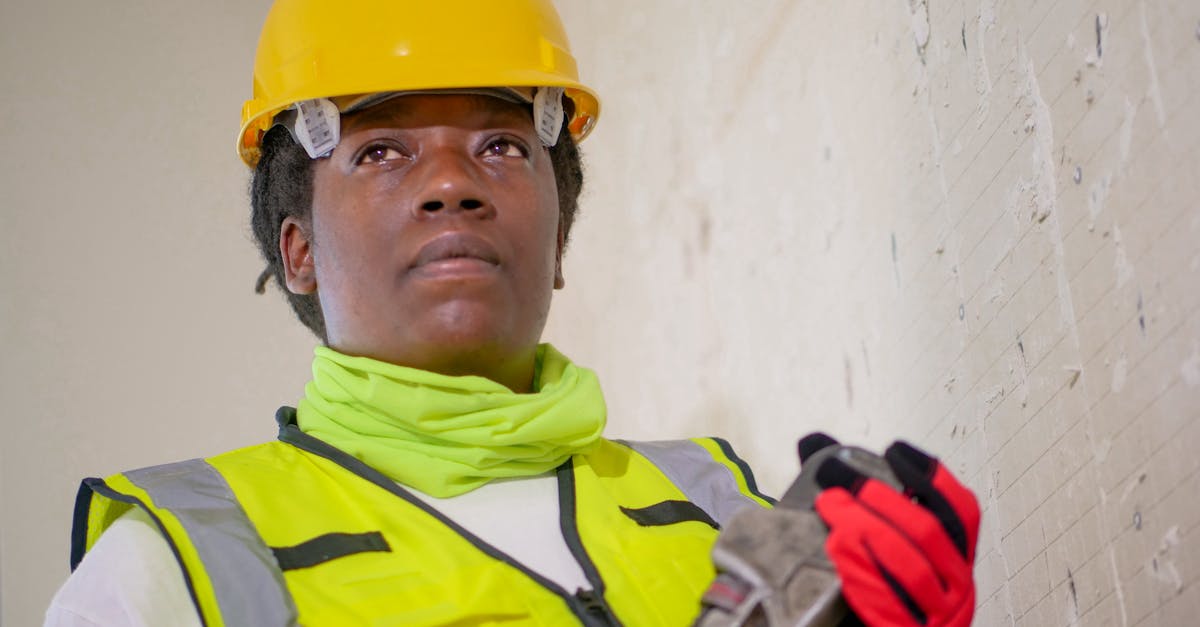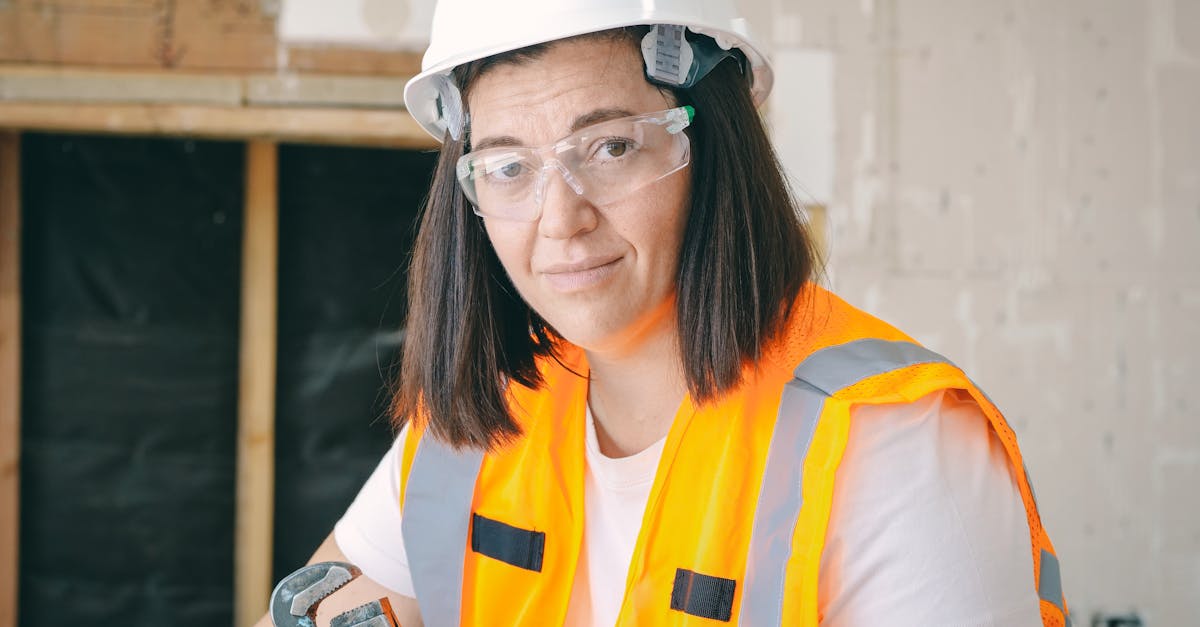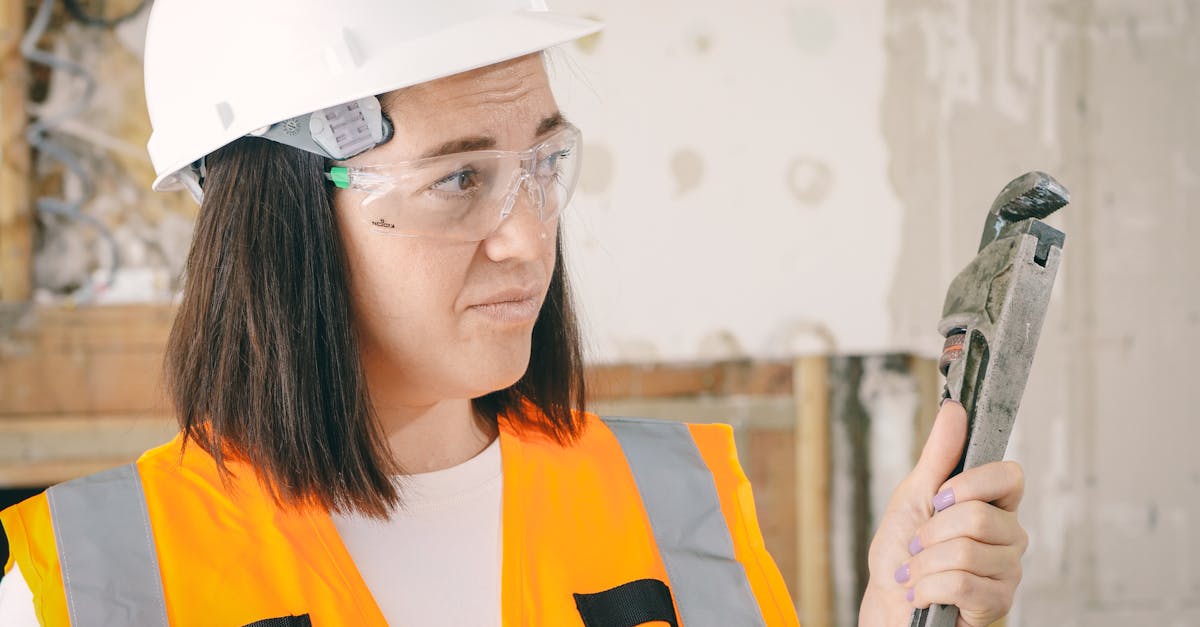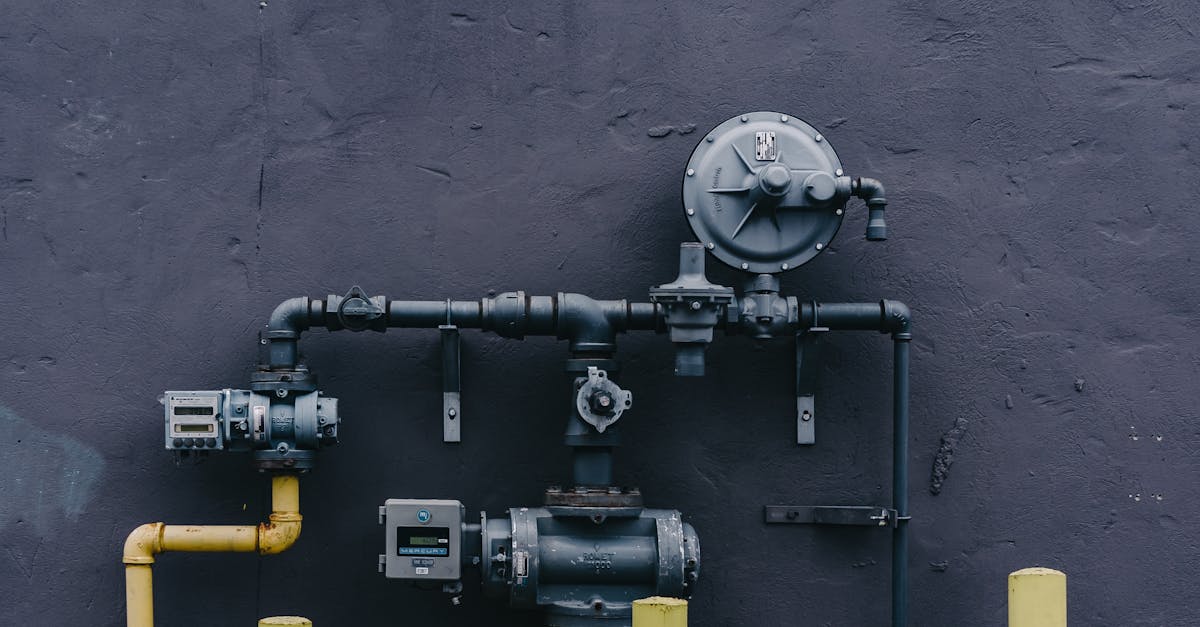
Table Of Contents
When to Consider Replacement
Age is a significant factor in deciding whether to replace a hot water system. Most systems have a lifespan of around 8 to 12 years, depending on their type and how well they have been maintained. Signs of age-related wear may include inconsistent water temperatures, leaks, or unusual noises. If your system is approaching this age range, it might be time to evaluate its efficiency and reliability against the cost of ongoing repairs.
Identifying changes in water quality can also prompt a consideration for replacement. If you notice rusty or discoloured water, there may be corrosion inside the tank. Additionally, increasing energy bills could signal that your hot water installation is no longer operating efficiently. Assessing these red flags can help you determine if investing in a new system is a more cost-effective choice in the long run.
Assessing Repair Costs vs. New Installation
When considering whether to repair or replace a hot water system, evaluating the repair costs is essential. Minor issues might be easily fixable and could extend the life of the system. However, if repairs are frequent or costly, this may point to underlying problems that suggest a new installation could be a more prudent investment. Homeowners should seek professional assessments to accurately gauge the condition of their system.
New hot water installation offers the opportunity for enhanced efficiency and reduced energy costs. Upgrading to a modern system can lead to savings in the long run, as newer models are designed with advanced technology that optimises performance. It's important to factor in both the immediate costs of replacement and the potential for longer-term savings when making a decision. A thoughtful analysis of the costs involved will lead to better choices for sustainability and convenience.
Energy Efficiency and Hot Water Systems
Energy efficiency plays a crucial role in the lifespan and operational costs of hot water systems. Choosing systems that utilise advanced technology can significantly reduce energy consumption. Homeowners should consider options such as heat pump systems or solar hot water systems, which often promise lower utility bills over time. These systems not only help the environment but also offer substantial savings, making them a wise investment in the long run.
When planning for hot water installation, it's essential to assess how energy-efficient models can align with your household needs. Factors such as the size of the household, peak usage times, and local climate should influence your selection. An energy-efficient hot water system can ensure that you are not only meeting your immediate hot water needs but also investing in a long-term solution that promotes sustainability and cost savings.
Impact on Longevity and Costs
Energy efficiency plays a crucial role in the longevity and overall costs associated with hot water systems. Systems that are designed for increased energy efficiency often come with better insulation and advanced technology, which can reduce wear and tear over time. Investing in these models can lead to significant savings on energy bills, ultimately contributing to their long-term viability. Hot water installation of high-efficiency systems may have a higher initial cost but can prove more economical when considering their prolonged lifespan and lower operational expenses.
Moreover, the type of fuel used can impact the system's efficiency and longevity. Electric, gas, and solar hot water systems each have different maintenance needs and lifespans. For instance, solar hot water installations can require more upfront investment but yield savings through reduced energy consumption in the long run. Choosing the right system involves understanding not only the upfront costs but also the ongoing expenses and potential savings over time to make a well-informed decision.
Choosing the Right Hot Water System
Choosing the right hot water system involves evaluating several key factors, including the type of system, fuel source, and your specific hot water needs. Options range from electric and gas systems to solar and heat pump technologies. Each type has its own benefits and drawbacks. Electric systems typically offer lower upfront costs, while gas systems may provide faster heating. Additionally, energy efficiency ratings play a crucial role in long-term cost savings. Understanding your household’s peak usage and the number of occupants helps narrow down the choices.
Budget considerations are also paramount when selecting a hot water system. Initial purchase prices can vary significantly based on the system type and brand, and hot water installation costs must be factored in as well. Some systems may require additional infrastructure or modifications to your home, increasing the overall investment. Balancing the upfront costs with potential energy savings and maintenance expenses can make the decision easier. Moreover, warranties and service agreements can provide peace of mind, ensuring you choose a reliable option for years to come.
Factors Affecting Purchase Decisions
When considering a new hot water system, several factors can influence purchasing decisions. The size of the household is crucial; a larger family often requires a more substantial system to meet their daily hot water demands. Additionally, the available space for installation can limit options. Homeowners must also think about the initial cost versus the long-term savings in energy bills, as some systems may have a higher upfront cost but offer better efficiency over time.
Understanding the type of fuel source available can also impact choices for hot water installation. In regions where gas is abundant, a gas hot water system might be more economical, while electric systems may suit other areas better. Furthermore, assessing local climate conditions can guide decisions, as certain systems perform more efficiently in warmer climates. Overall, evaluating these factors ensures that buyers select a hot water system that aligns with their household needs and budget.
FAQS
How long can I expect my hot water system to last?
On average, hot water systems can last between 8 to 12 years, depending on the type, maintenance, and usage.
What are the signs that my hot water system needs replacing?
Common signs include inconsistent water temperature, leaks, rust, unusual noises, and age, particularly if it's over 10 years old.
Is it more cost-effective to repair or replace my hot water system?
It often depends on the repair costs compared to the price of a new system. If repairs are regular and costly, replacement may be the better option in the long run.
How does the type of hot water system affect its lifespan?
Different types, such as storage tanks, continuous flow, and heat pumps, have varying lifespans. For example, storage tanks typically last 8-12 years, while heat pumps can last up to 15 years or more with proper care.
What factors should I consider when choosing a new hot water system?
Consider factors such as energy efficiency, size, installation costs, warranty, maintenance requirements, and the specific needs of your household.
